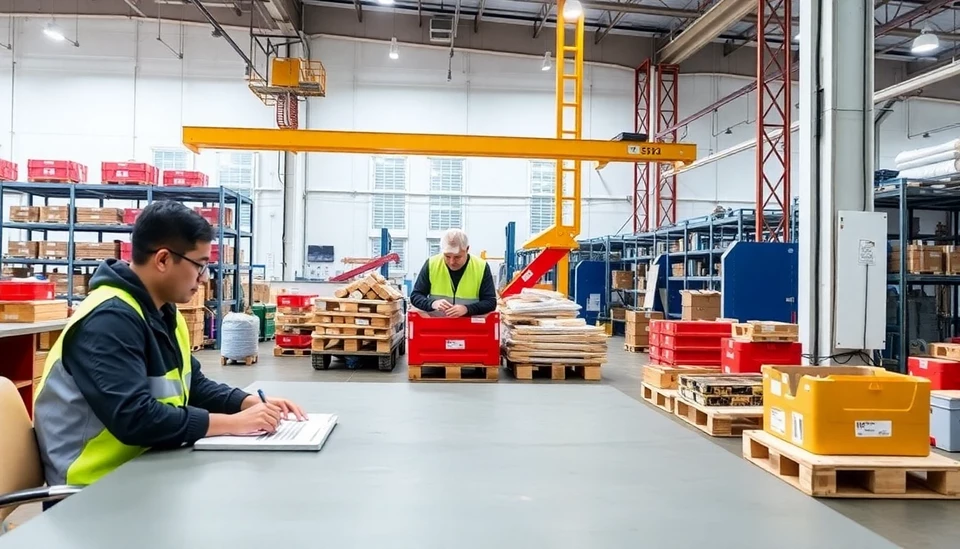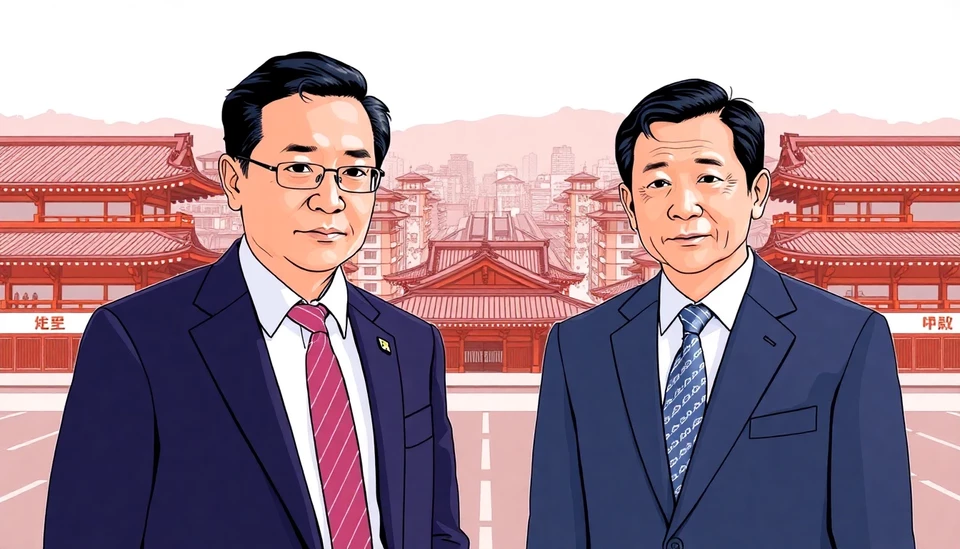
In a decisive move to buffer its economy against the adverse consequences of rising global tariffs, the Singaporean government has announced a comprehensive strategy that seeks to collaborate with both labor unions and businesses. This initiative aims to ensure that the impact of these tariffs will be mitigated effectively, safeguarding jobs and stabilizing the local economy.
As the international trade landscape continues to evolve, the island nation has found itself at a crossroads. With global trade tensions escalating, the Singaporean government is acutely aware of the potential risks posed by increasing tariffs on goods and services. In response, they have outlined a roadmap that emphasizes cooperation and communication among various sectors.
One of the cornerstone strategies is the establishment of working groups that include representatives from the government, labor unions, and the business community. This tripartite dialogue aims to facilitate the sharing of insights and develop targeted measures that address the challenges posed by tariffs. The government believes that by fostering a collaborative environment, it can effectively shield the workforce from job losses and provide support to businesses facing economic strain.
Moreover, the government is keen on providing resources and assistance not only to affected industries but also to workers who may be displaced by the downturn in specific sectors due to these tariffs. This includes retraining programs and upskilling initiatives designed to enhance employability and resilience in an unpredictable job market.
The Singaporean Minister for Trade and Industry highlighted the importance of adaptability in a rapidly changing global economy. He stated that while tariffs may pose significant challenges, they also present opportunities for innovation and rethinking traditional business practices. By investing in training and development, Singapore aims to turn potential setbacks into springboards for future economic resilience.
Additionally, business leaders have been encouraged to actively participate in this initiative, sharing their perspectives on how tariffs are impacting their operations. This open line of communication is pivotal for devising concrete solutions that are not only effective in the short term but also sustainable in the long run.
In conclusion, Singapore’s proactive approach towards tariff mitigation reflects its commitment to maintaining economic stability and promoting a collaborative environment among key stakeholders. With the government, unions, and businesses working hand in hand, Singapore is poised to emerge stronger amidst global uncertainties.
<>#> #Singapore #Tariffs #Trade #Economy #Unions #BusinessCollaboration #EconomicStability #JobProtection #WorkforceDevelopment #Innovation #<
Author: Rachel Greene




